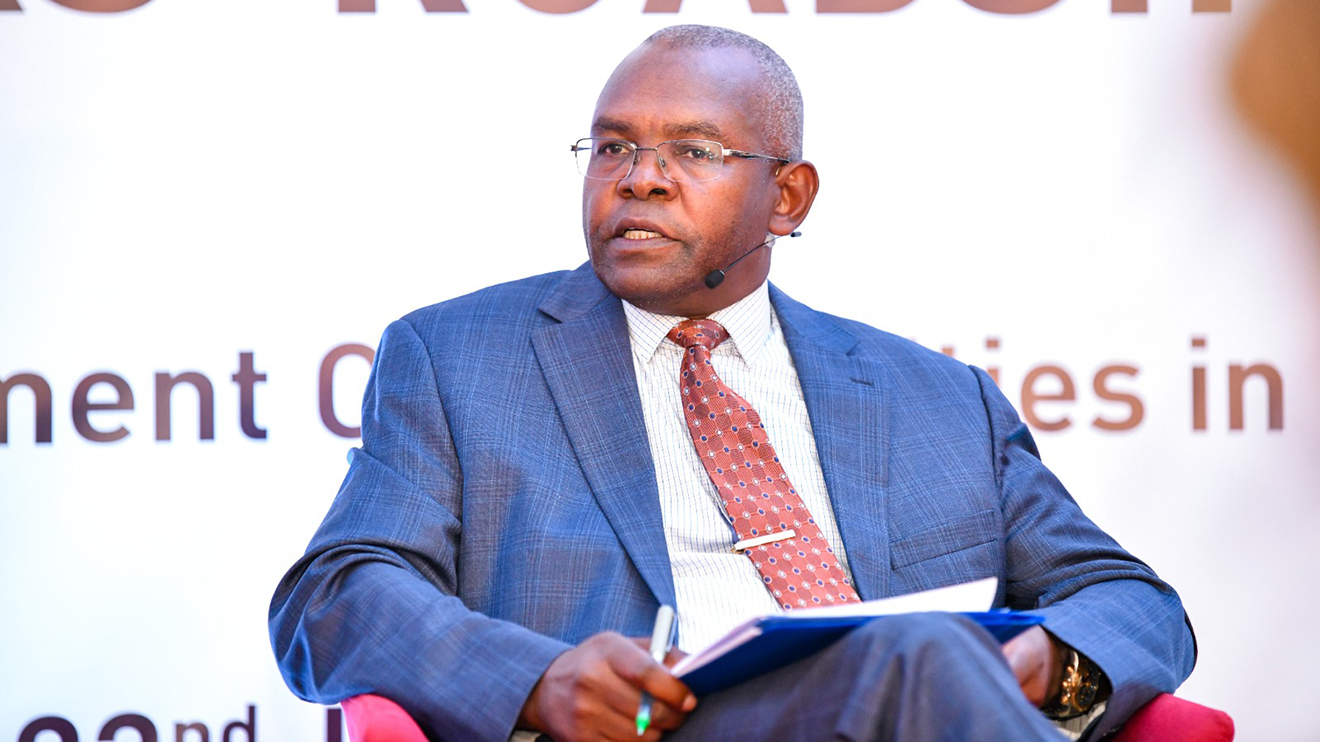Entrepreneurs hoping to launch new ventures in Kenya are being choked by an array of costly and overlapping regulatory charges, according to the Kenya National Chamber of Commerce and Industry (KNCCI) President Erick Rutto.
Rutto, speaking during an interview with a local radio station on Wednesday, warned that the growing list of permits and certifications demanded by county governments, state agencies, and regulatory bodies is deterring investment and forcing potential business owners to reconsider their plans.
“This is not competitive as a country and that is why the companies that have been there for a long time are the ones that still exist; you cannot add more into the pipeline,” Rutto stated.
“We have to do away with extremely punitive trade barriers as a country.”
Illustrating the problem, Rutto cited the case of a food processing firm seeking to establish itself in Kajiado County.
Read More
The company, employing between 30 and 50 workers, faces at least 20 different licensing requirements totalling more than Sh337,000 before it can even begin operations.
He outlined several of the levies: a Sh34,000 Kenya Bureau of Halal Certification valid for only one year, a Sh58,000 Kenya Bureau of Standards permit, and a Sh50,000 food and hygiene licence.
On top of that, the Kajiado County government demands a Sh13,000 unified business permit.
“We want a unified business permit for the entire country, not one for each county,” he urged.
While acknowledging the talent and ingenuity of Kenya’s workforce, Rutto argued that many capable entrepreneurs are being held back by unaffordable entry barriers.
He called for the introduction of a staggered taxation model that would ease the pressure on start-ups in their formative years.
“After five years, when they are in the sixth year and can now run, the government can come in. That would enhance formalisation and bring businesses to the tax bracket, enhance our competitiveness, and diversify our products,” Rutto noted.
He further proposed a two-year tax holiday for new businesses, saying this would not only offer breathing space to young enterprises but also help expand the country’s tax net over time.
As the private sector continues to push for friendlier business policies, Rutto’s remarks add to growing concerns that Kenya's entrepreneurial potential is being stifled by bureaucratic hurdles and excessive levies.







